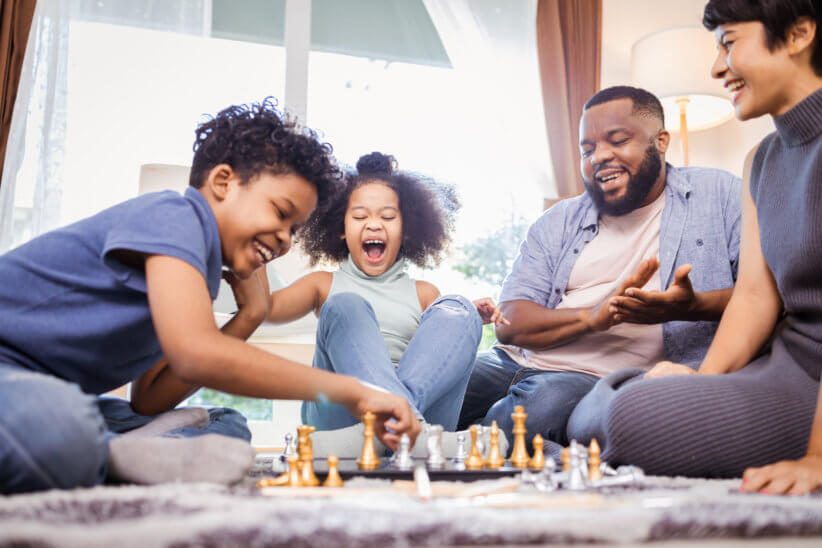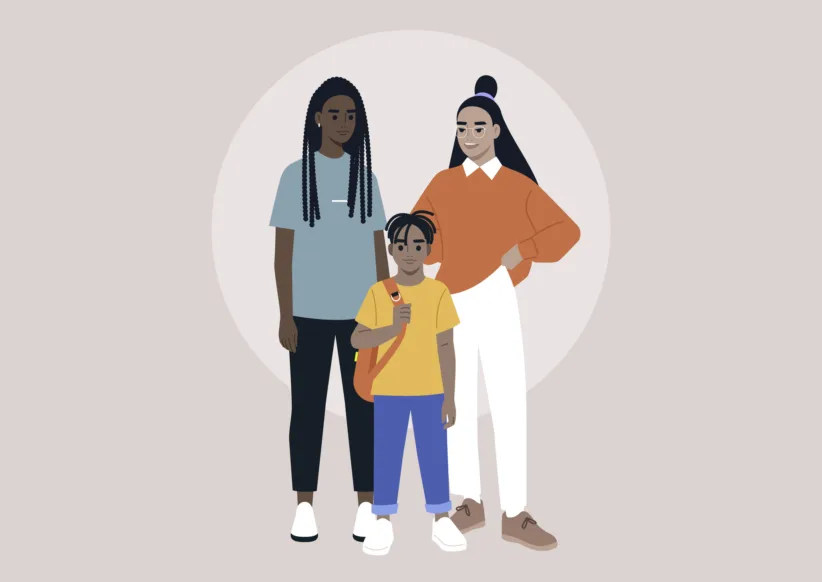Dear Dr. Karyn,
I’m really concerned! My 10 year old has no friends. Any suggestions?
Dear Parent,
Developing friendship skills is important for kids of all ages to learn! That being said, some kids find it easier to make friends than others. So, focus on setting up play dates with other parents and kids so that your kids are getting “practice” socializing, sharing toys, and spending time with others. If you notice your kids are not being a good friend (for example, not sharing their toys, interrupting, constantly talking about themselves), gently talk with them about this afterwards.
Also, try to get them plugged into activities where they will meet other kids who share their interests. For example, if your child is highly artistic, he may not easily “connect” with kids who are heavily into sports.
Finally, remember to invest in your own friendships, because modeling healthy friendships is the best way to teach these skills to our kids! Don’t shy away from talking about the benefits of your friendships and what it takes to develop them — your kids will be listening!
When should you worry? Only after you’ve tried the suggestions above and the many tips from Dr. Michele Borba’s book, “Nobody Likes Me, Everybody Hates Me: The Top 25 Friendship Problems and How to Solve Them.” Developing friendship skills is a process, so remember to be patient as your child learns them.
Dear Dr. Karyn,
My wife is leaving me after 12 years of marriage. And while I am incredibly angry at her for her selfish choice, I’m trying to figure out how best to help our kids (ages 6, 10, and 11) through this! What are the recommendations for what parents need to do to help their kids through divorce? I’ve seen it handled so badly with mutual friends that I want to make sure I’m doing what I can! Thanks in advance!
Dear Parent,
Divorce is never easy, but these tips can make it easier on your kids!
Filter what you say: Be sure to filter what you are saying — not only to your kids, but also what you say around your kids. (They often overhear the late-night phone calls if you’re discussing your ex.) The golden rule is to say something positive, neutral, or nothing at all! When children hear negative comments (directly or indirectly), they often feel that they need to choose sides, and this often creates an enormous burden that is unfair and unhealthy.
Also, be sure to filter what you say when talking directly to your kids. When a parent makes comments such as, “You are so much like your father,” but at another time, says, “I can’t stand your father” — a child may interpret that you can’t stand her. It confuses children! Just remember to honor your partner (even if you disagree on many things) in your ex’s absence.
Focus on your kids: It’s important to put extra focus and energy on connecting and engaging with your kids during this time! This can often be tough for parents going through divorce because many tell me they feel like they are falling apart and have nothing left inside to give. My encouragement is to try your best (and get your own support as I list below). Your kids are losing the “family that they know,” and it is a very big deal for them. Even though divorce is extremely common, it’s a new experience for your children, and it’s important to not minimize their experience, and to recognize the pain it may cause them.
When talking with your kids, be sure to emphasize that they still have two parents who love them and that the divorce is not their fault. (It is never the fault of any child.) Be sure to spend time with them one on one — they need to know that you are close during this difficult time. They may be angry, frustrated, distant, or aggressive, and blaming one parent more than another.
Expect a wide range of emotions and validate their feelings. (Don’t rationalize your behavior or the decision to divorce.) Listen, listen, and listen some more (yes, I intentionally said listen three times), and allow them to experience the huge range of emotions they face. Divorce is like a type of death — in fact many people experience the same cycle of emotions as if a person has died (shock, anger, sadness, acceptance, forgiveness). Give them time to experience and grieve this.
Build your support: Many children mirror the emotions of their parents, so the sooner you can work on getting yourself healthy and happy again, the better! To do so, make a list of the people in your life who can be on your supportive team (friends, family, counselor) but definitely do not put your kids on that team. Kids (including teens and also young adults) should never be the counselor or go-to person for their parent. Yes, they can help in supporting you when you are struggling, but they should never have to feel the burden of being the person you are relying on — it’s too big and heavy for them. One of the most damaging things a divorced parent can do is to unload to their kids. Be intentional to get help from your adult supportive team, so you can return to emotional health and be a better parent to your kids.
Dr. Karyn Gordon is the founder of dk Leadership, best-selling author of “Dr. Karyn’s Guide To The Teen Years” (Harper Collins), motivational speaker, and media consultant. Visit www.dkleadership.org and follow her on Twitter at @DrKarynGordon.





















